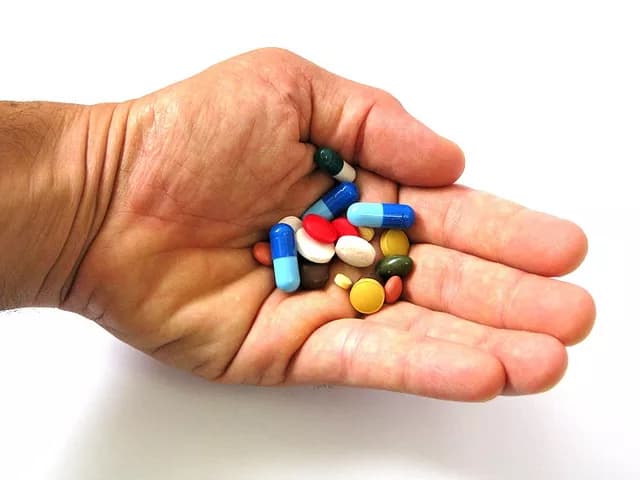
Hormone Treatment In Transgender Persons Could Shed Light On Role Of Sex Hormones In Bone Density
Male-to-female (MtF) transgender persons have a greater increase in bone mineral density than female-to-male (FtM) persons in their first year of hormone treatment. The research, presented at the European Congress of Endocrinology in Munich, helps scientists further understand the roles sex hormones play on bone development and maintenance in both sexes.
As the number of people seeking gender reassignment treatment continues to increase globally, there is an ever-greater need for scientists and clinicians to understand the effects of cross-gender hormonal treatment on the human body. Within the first year of gender transition, applicants are treated with sex hormones: MtF persons receive oestrogen, whilst FtM persons receive testosterone.
It is known that oestrogen increases bone density, however, whilst it is known that testosterone increases bone size, its effects on bone density are still unknown. To further investigate, a research team from VU University Medical Centre in Amsterdam completed an observational study of 188 adults undergoing hormone treatment for gender reassignment. Bone mineral density was measured both before and after one year of hormone treatment; the results showed that MtF persons receiving oestrogen had an average increase in spine bone density of 3.72%, compared to only a 1% increase in FtM persons receiving testosterone.
These results confirm our understanding that oestrogen increases bone density, and suggest that testosterone does not, or does so to a lesser extent. Interestingly, in FtM transgender persons who were post-menopausal with low pre-treatment oestrogen levels, bone density of the spine was seen to increase by 4.5% following testosterone treatment.
"As this increase was only found in those with low pre-treatment oestrogen levels, it might suggest that in biological adult women (pre-menopause) testosterone primarily affects bone density through its conversion into oestrogen," said Dr Chantal Wiepjes, lead author of the study.
"Our next steps will be to investigate what the long-term effects of hormone treatment are on bone density. Patients undergoing hormone therapy routinely have bone density scans, which might give them the impression that hormone treatment can have adverse effects on their bones. Therefore, a more solid molecular long-term understanding of the changes may reassure them," continued Dr Chantal Wiepjes. "I also think transitioning patients should be aware that the changes caused by these hormones aren't just external -- their internal structure changes too."
As well as improving understanding of treatments within the transgender community, by studying the effects of cross-sex hormone treatment, the team hopes to more clearly understand the role of oestrogen in biological males, and the role of testosterone in biological females.
Whilst it should be noted that the observational study did not compare results to a control group, the team feel that differences seen in post-menopausal FtM persons suggest that it is unlikely the changes in bone density seen were merely due to age or timing.
The above post is reprinted from materials provided by European Society of Endocrinology. Note: Materials may be edited for content and length.
Disclaimer: DoveMed is not responsible for the adapted accuracy of news releases posted to DoveMed by contributing universities and institutions.
Primary Resource:
Wiepjes, C., Vlot, M., Klaver, M., Lips, P., Heijboer, A., Fisher, A., ... & T'Sjoen, G. (2016). An increase of bone mineral density in male-to-female and female-to-male transgender persons after one year cross-sex hormonal treatment.
Related Articles
Test Your Knowledge
Asked by users
Related Centers
Related Specialties
Related Physicians
Related Procedures
Related Resources
Join DoveHubs
and connect with fellow professionals

0 Comments
Please log in to post a comment.